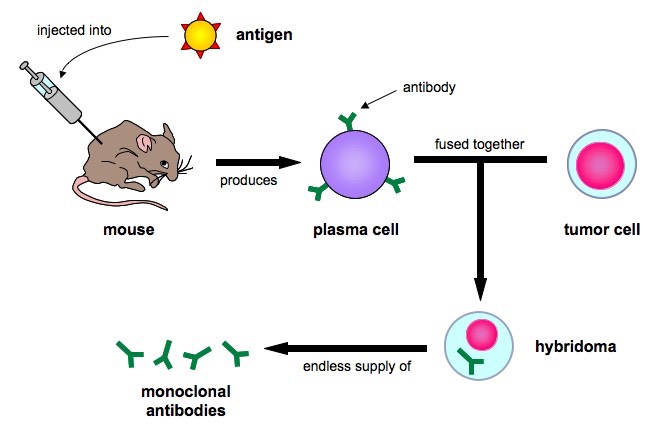A Rabbit Monoclonal Antibody (or RMA) is a laboratory protocol used to produce monoclonal antibodies. This method uses rabbits as the animal source for the immune cells, which are then fused with myeloma cells to create hybridoma cells. These hybridoma cells can be used to produce large quantities of a single antibody.
Monoclonal antibody development is a popular choice for producing monoclonal antibodies because it is relatively fast and efficient, and the resulting antibodies are often of high quality. Additionally, this method does not require the use of special equipment or reagents, making it accessible to many laboratories.

If you are interested in using RMA to produce monoclonal antibodies for your research, there are a few things you should keep in mind. First, it is important to have a good understanding of immunology and cell culture before attempting this protocol. Second, you will need to procure a healthy rabbit for your RMA procedure. Third, you will need to have access to myeloma cells and appropriate cell culture media. Finally, it is important to follow the protocol carefully and troubleshoot any problems that may arise.
If you are looking for a reliable and accessible method for producing monoclonal antibodies, RMA may be a good choice for you. With careful planning and execution, this protocol can yield high-quality antibodies that can be used for a variety of research applications.

